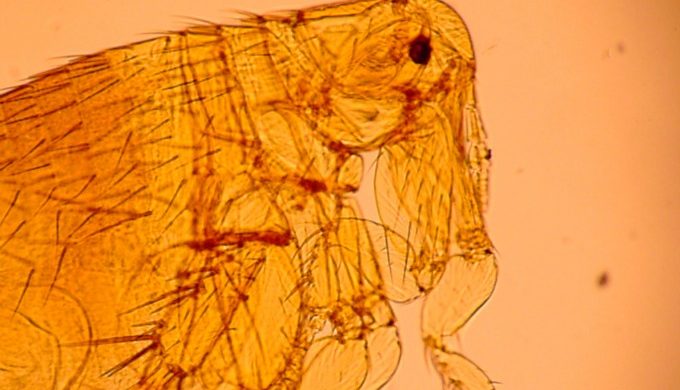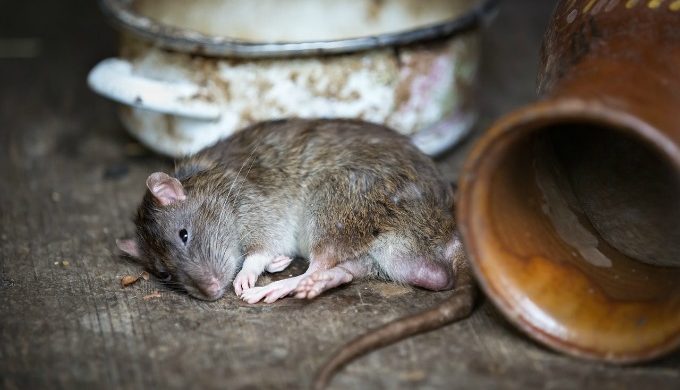Two counties in Arizona have recently had fleas test positive for the plague. The plague is responsible for the death of upwards of 200 million people in Eurasia and Europe in the 1300’s. Also known as “The Black Death,” the plague is found in fleas and transmitted by rodents and other mammals who act as a host to fleas.
Nature
Arizona Fleas Test Positive for the Plague: Is Texas at Risk Too?
Transmitted Via Fleas

Photo: Flickr/Michael Wunderli
Officials in Arizona are urging residents to take precautions to reduce their risk of exposure. The disease may be present in rodents, rabbits, and predators that feed on these animals. The disease can also be transmitted to humans via a bite from an infected flea or by direct contact with an infected animal.
The Centers for Disease Control suggest that outbreaks of the plague occasionally occur in the Southwestern United States and especially after a cooler summer, following a wet winter. This raises the question: Could the plague impact Texas as well?
Is Texas At Risk?

Photo: Flickr/ZEISS Microscopy
As it turns out, outbreaks of the plague in Texas are relatively common. Most recently, a case of the plague in two populations of prairie dogs in Muleshoe, Texas resulted in the closure of the wildlife refuge there.
The good news is that, although plague outbreaks do happen from time to time in the United States, they’re typically confined to the rodent population. According to the CDC, there are about 650 documented cases in humans worldwide each year which result in 120 deaths. With modern treatments and antibiotics, the disease is considered curable.
Reduce Rodent Populations Near Your Home

Photo: Pixabay/Bergadder
Experts recommend reducing rodent habitats around your home, workplace, and recreational areas. It is also suggested that residents remove brush, rock piles, junk, cluttered firewood, and possible rodent food supplies, such as pet and livestock food from around their homes.



